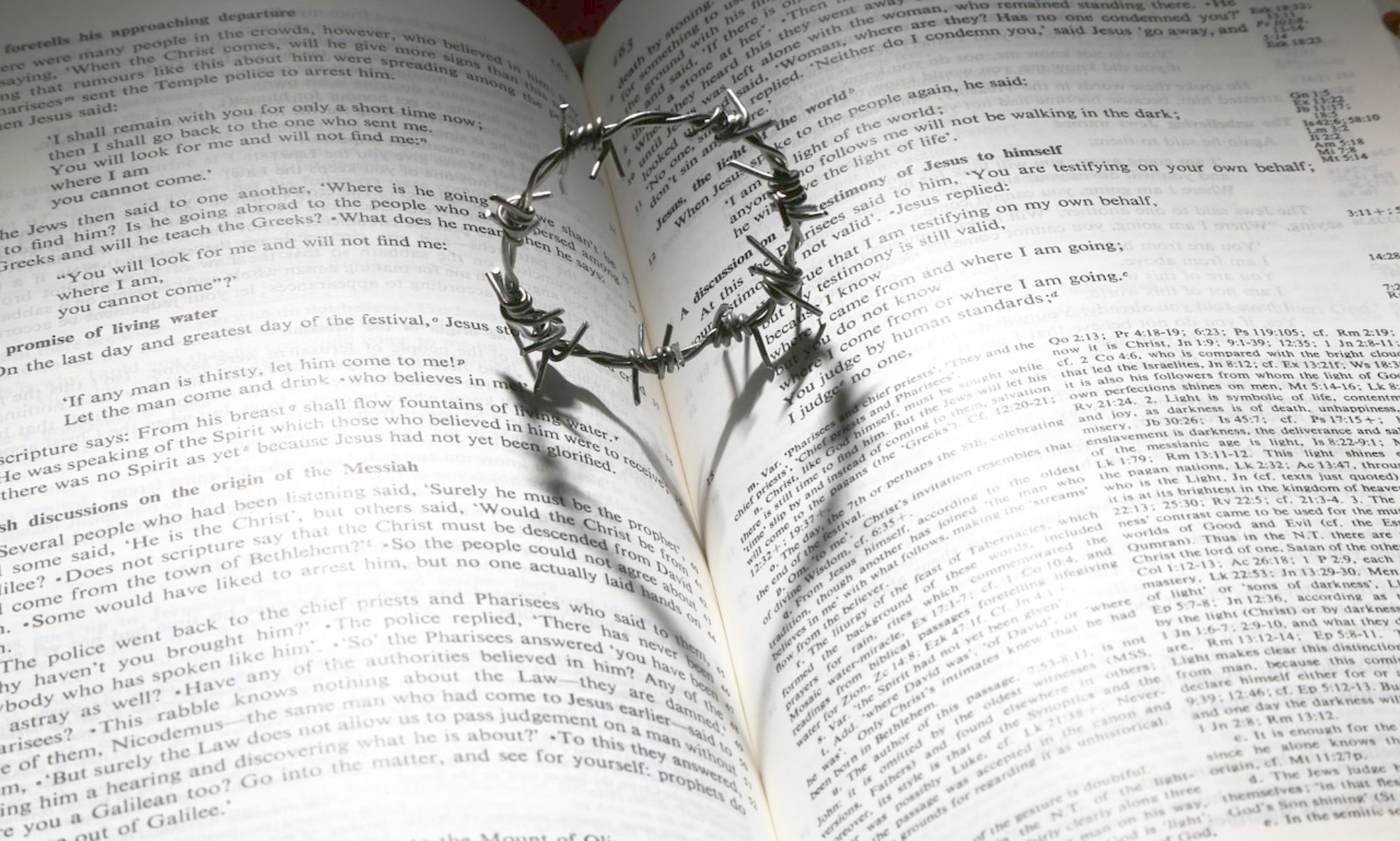I am an avid reader of self-help books. I recommend that you check and see if the author is a professional in the field such as a psychiatrist, therapist or workshop leader. Also, keep in mind that the strategies in the book are suggestions. Try them out and don’t kick yourself if they don’t work for you. I think God gave us a brain which allows us to observe and study what works for others.
1. The Feeling Good Handbook. I have read this book a couple of times through. If you have had a therapist use Cognitive Behavioral Therapy (CBT) with you, then this book will be very familiar to you. I think a psychologist from my college days introduced this book to me as part of my therapy with him. He shares a variety of thinking techniques for dealing with depression and anxiety. Dr. Burns shares a list of thoughts that a person can use to monitor his/her thinking. Then he shares a variety of thinking techniques that a person can use to correct his/her thinking. Any book by Dr. David D Burns is a great read that will give you a lot of techniques to try out.
2. Self-Assertion for Women. This book is by Pamela E. Butler and contains a discussion of why it is harder for women than men to be assertive in relating to others. You may find this book dated but it has some good ideas on how to practice self-assertion. This book offers a variety of ways to speak up for one’s self or the option of not speaking up. It really should be something that you can choose whether or not to speak up for yourself rather than allowing your past to make the decision for you.
3. Your Perfect Right. This book by Robert E. Alberti, Ph.D. and Michael L. Emmons, Ph.D. teaches that everyone has a right to be heard. I really appreciated the authors’ willingness to recommend counseling if the reader felt the need for it. This book also shares how to express one’s feelings to others. I don’t think many people think of that as assertiveness but it is.
4. When Words are Not Enough. This book helped me to see my need for medication and better understand my depression better. Here is a quote that blew me away because it described my sleeping problems. “The classic depressive sleep pattern is called early morning wakening, characterized by waking somewhere between 2 or 3 am and 5 am, usually without falling back to sleep.” That is an exact description of the sleep pattern that I had during my depression.
5. Beyond Codependency and Codependents’ Guide to the Twelve Steps by Melody Beattie. She writes about the struggles that people who are close to a person who is addicted goes through. Just as an addict needs to go get help from others, many times the loved ones of that addict needs help too. They have adapted their behaviors to live with the addict. So, now they need to re-learn how to relate to the addict in recovery and others. Any book from Hazelden is a great book to read.
“But it isn’t our job to take care of others-to take care of their feelings, thoughts, decisions, growth, and responsibilities. It is our job to do that for ourselves.” (Codependents’ Guide to the Twelve Steps, Pg. 24) Since I blamed myself for when my step-father got mad at me, this quote earned an underline in my copy of this book. “When I feel deprived, unloved, uncared for, abandoned, and left out of life, I can practice gratitude. ” (Codependents’ Guide to the Twelve Steps, pg. 51)
6. Narcotics Anonymous. I have read the Alcoholics Anonymous book (The big book) and this one. I felt like the AA book was kind of harsh in how it dealt with addiction. I found this book to be gentler. So, I prefer it. Since these books are based on the twelve steps, they focus a lot on a higher power like the books that I named in the previous paragraph.

